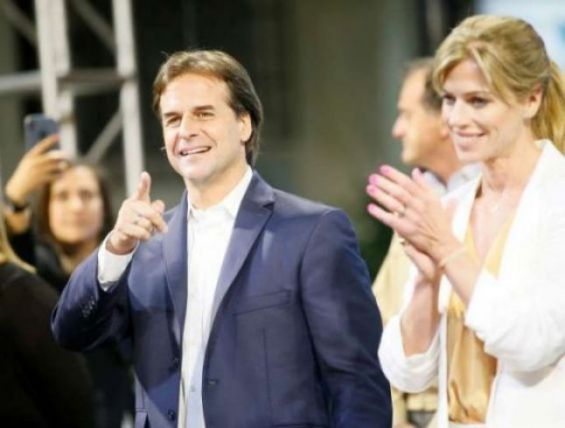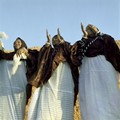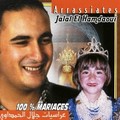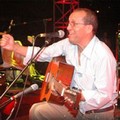On November 30, Luis Lacalle Pou took office as new president of Uruguay. This victory confirms the return of strong right-wing and center-right parties in Latin American countries; the red wave that had swept across the states of the region is no longer as powerful. This could be an opportunity for Morocco to gain ground in the region against the Polisario, Spanish news agency EFE says.
The Spanish media has taken an interest in the Bolivarian Alliance for the Americas (ALBA), formed in 2004 at the initiative of former presidents Fidel Castro and Hugo Chavez. The group’s membership is now composed of Cuba, Venezuela, Nicaragua, Dominica, Antigua and Barbuda, Ecuador, Saint Vincent and the Grenadines, Saint Lucia, Saint Kitts and Nevis and Grenada.
EFE stresses that «the majority of ALBA members have embassies in the Sahrawi Arab Democratic Republic (SADR) and see themselves as strong allies of the Polisario Front». Such «statement» should be taken with caution however, as, so far; only Cuba, Venezuela, Nicaragua and Ecuador continue to have diplomatic relations with the so-called «SADR».
The other ALBA countries, on the other hand, all withdrew their recognition of the self-proclaimed «republic» by August 2010. Ecuador could even follow suit in the near future. The Spanish agency also recalls that Quito’s deputy foreign minister, Andrès Terán, went to Rabat last September and held talks with his Moroccan counterpart, Nasser Bourita.
Morocco has been present in ALBA for years
Contrary to what has been argued by EFE, Morocco has opened embassies in the ALBA region, namely in Dominica, Saint Lucia, Grenada as well as in Antigua and Barbuda. Diplomatic representations also exist with Cuba and Ecuador.
This breakthrough in the area of the Bolivarian Alliance states is not limited to the question of Western Sahara. This is demonstrated by the support of many countries in the area for the Kingdom’s bid to host the 2026 World Cup.
Currently, Rabat has set its sights on some Latin American countries, following the new right and center-right political shifts in said countries, such as in Uruguay, or in countries with leadership changes as in Bolivia, while closely monitoring the serious political crisis in Nicaragua where former rebel Daniel Ortega would be about to cede the country’s leadership to members of his family.
Luis Lacalle Pou has already announced indeed a revision of the foreign policy followed by left-wing movement «Frente Amplio» since 2004. He decided to withdraw from the «Montevideo Mechanism», a group created to support a political solution to the Venezuelan crisis which gave legitimacy to the regime of Nicolas Maduro.
In Bolivia, after more than 13 years under Evo Morales’ presidency, Moroccan diplomacy will have to wait for the new presidential election to determine whether right-wing movements will indeed takeover and whether it can hope for a recognition withdrawal of the so-called «SADR» by La Paz.





 chargement...
chargement...













